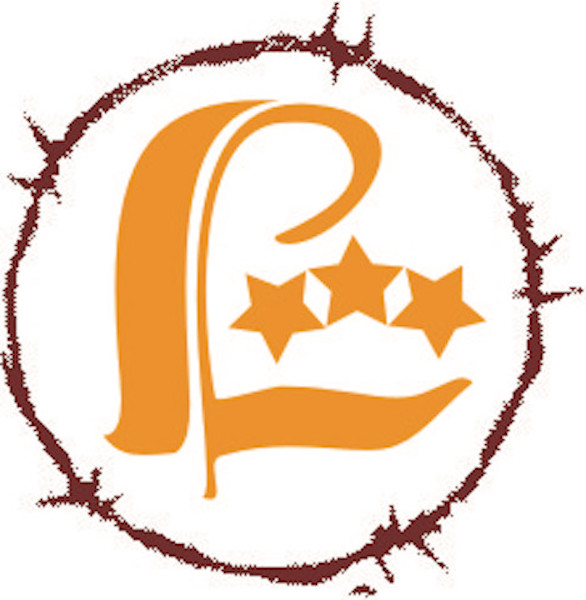Latvian association of the politically repressed persons
(LPRA)
Short insight in the history and activites of LPRA
On the occupations of Latvia
The Second World War had a severe impact on Latvia: 2
occupations by foreign powers, loss of independence for half a century,
hundreds of thousands killed and repressed. After the soviet invasion in 1940,
in order to Russify Latvia, the existing polity was destroyed by killing and
repressing so called ‘’bourgeoi nationalists’’ (persons of the Latvian defence
organisation ‘’Aizsargi’’ and officials
as the most dangerous) and ‘’exploiters’’ (enterpreneurs and prosperous farmers).
Inhumane repressions during the Terrible Year of 1941 caused desire for revenge,
that’s why many collaborated with the German forces. Similar repressions and
killings, only with the goal of
Germanification, happened after the German invasion in 1941. Russification
attempts and repressions against the supporters of Germans and Latvian
Legionnaires (the soviet power considered them as the lowest class and did not
allow them to take important positions), as well as the denigration of Latvia’s
statehood continued, following the second soviet occupation from 1944 up until
1989, when information of these crimes was revealed. Remaining survivors and
politically repressed returnees were the most active advocators for Latvia’s
independence.
Foundation and activities of LPRA
The first official LPRA meeting was organised by Igors
Noskovs on the 8th of November, 1998 at the Latvian Teachers’ Union building in
Alunana street 7, Riga. Political prisoners and deportees came to this meeting
after an advertisement was posted in the ‘’Rīgas Balss’’ newspaper.
This meeting, in which the establishment of Riga’s
club of the politically repressed was announced, approved Regulations of the club
activities, was the signal for establishing many clubs for the politically
repressed persons in Latvia’s regions.
In May of 1989, after the invitation of Ogre’s club of
the politically repressed, work on the establishment of LPRA was begun by the
Riga’s club of the politically repressed.
The position of
the clubs of the politically repressed in Latvia’s society was established, the
LPRA conference organising comittee, which consisted of 22 people, was formed,
development of the Statutes, the program and the Declaration were begun.
The first conference took place in Ogre on the 14th of
October, 1989, where 23 clubs with 471 delegates were represented, the Statutes
and Declaration were approved, Edmunds Būmanis was elected as the Chairman of LPRA,
the Coordination Council (KP) and LPRA Board were elected. Thenceforth LPRA conferences
have taken place every year. The following people have been elected as the Chairmen
of LPRA:
- Edmunds Būmanis (1989-1991)
- Gunārs Resnais (1992-1995)
- Visvaldis Aivars (1996-2001)
- Pēteris Simsons (2002-2008)
- Gunārs Resnais (2009-2016)
- Ivars Kaļķis (since 2017)
Every year the Board
of LPRA organizes events on the 25th of March and 14th of June where the victims
of political repression and their supporters gather for marches and lay flowers
in front of the Freedom Monument in Riga. They are partaken by the President of
the State, deputies of parlament (Saeima), government officials and foreign
diplomats. The commemoration events also take place at train stadions ‘’Šķirotava’’
and ‘’Torņakalns’’ (the places from which the repressed persons were expelled
to Siberia in 1941 and 1949) as well as at memorials in all of Latvia’s regions
from which large scale deportations took place between 1941 and 1949.
Numerous books about the fates of the politically
repressed have been published.
Every year since
1998, victims of political repression from all over Latvia gather in meeting during
August at an outdoor bandstand in Ikšķile.
LPRA members actively take part in public activities
by following events, submitting their proposals and initiatives to improve the
state, for which they were awarded the prize of the Cabinet of Ministers in
2015.
